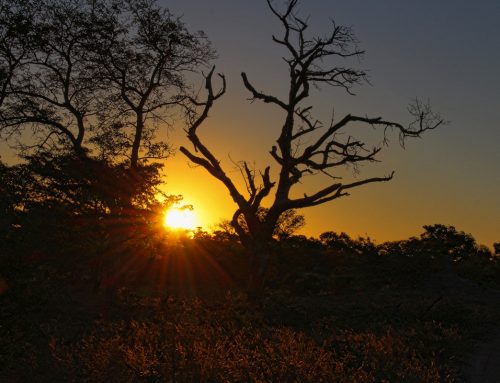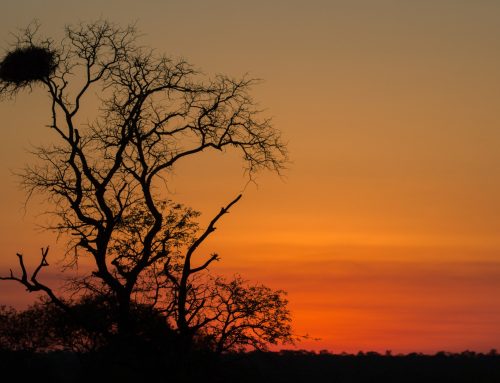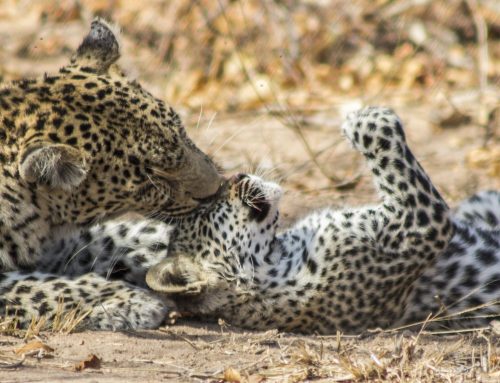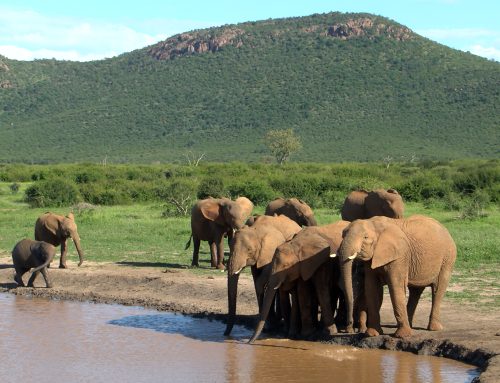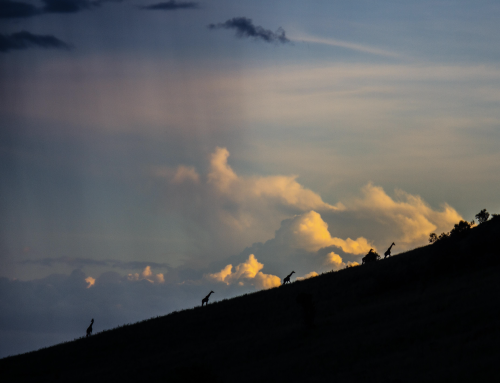So often when we ponder the lives of wild animals we do so in a way that unduly emphasizes the aspects of nature that are harsh and unyielding. And while nature can seem uncomfortably reminiscent of a ruthless amphitheater full of premature death and hardships, it is not always so: Nature can be unwittingly sweet.
It was of course Thamba, through his leisurely exploration of the drainage line, who tipped us off to the plover. But even Thamba could not compete for attention with the small, winged creature, for this glimpse into such a poignant time in its life could not be upstaged. The three-banded plover, first with its impressively camouflaged eggs and shortly thereafter, its two small chicks, gave us the distinct impression that it was perfectly suited to its environment, at peace even, within it. The plover’s parental instincts that enabled it to take command of its small, yet all-encompassing world was both impressive and endearing to those diligent enough to observe. From the outside it seemed as though the plover was facing the dangers of its world with a confidence and serenity disproportionate to its size.
Furthermore, there is nothing more touching than to watch new life take hold. From two stone-like eggs emerged two tiny new creatures and nothing could more accurately encompasses the wonder and delight of spring than newborn chicks. Watching this new family reconnected all of us to the tranquility of nature that is sadly lost during the moments of intense drama which so often characterizes life in the bush.
Ashley Wall

